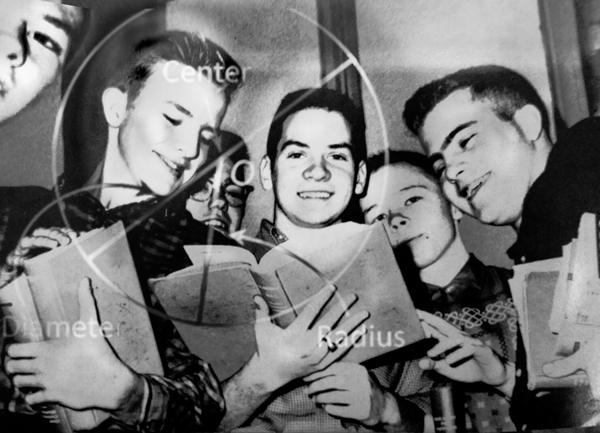Fish stomped
The pond was at the end of a half-mile gravel road, hidden in wooded acreage sitting on the Mason Dixon Line. But somehow the boy got it into his head that he was fishing in the Great North Woods.
The lake’s owner Mae sold daily passes, gear and bait out of a cabin. Mae had candy and made a hamburger that tasted good after you had been handling night crawlers. She might sell you a knife, she might not.
Mae taught the boy and his friends that squeamishness wasn’t attractive in men. She showed them how to set lines using worms, minnows, insects. The boys would learn how to remove hooks, when to throw a fish back and when to put an animal out of its misery.
The boys liked to think they were fishing for food and that grateful mothers would fix their catches for dinner, but they never caught much. Mae was careless about oxygenation levels and her restocking budget was undercapitalized.
Fast forward forty years: the man and his family is away for a weekend with another clan. It is decided that the children would have a Genuine By-God Outdoors Experience.
They head to a picturesque causeway over a lake well-known to anglers. The four kids share two rods. Almost as quickly as the man can bait the hooks, the worms are stripped clean by shoreline fish.
It becomes clear they’re catching the same tiny perch over and over again — to the point where it can no longer survive in the water.
Reflexively the man performs the act of mercy he had been taught as a boy. He stomps the fish out of its agony. The children are devastated.
During every meal that weekend the man tries to explain the thing to them. The youngest of the three girls, the one who will later go to Indonesia to teach, tells him that she understands.![]()




